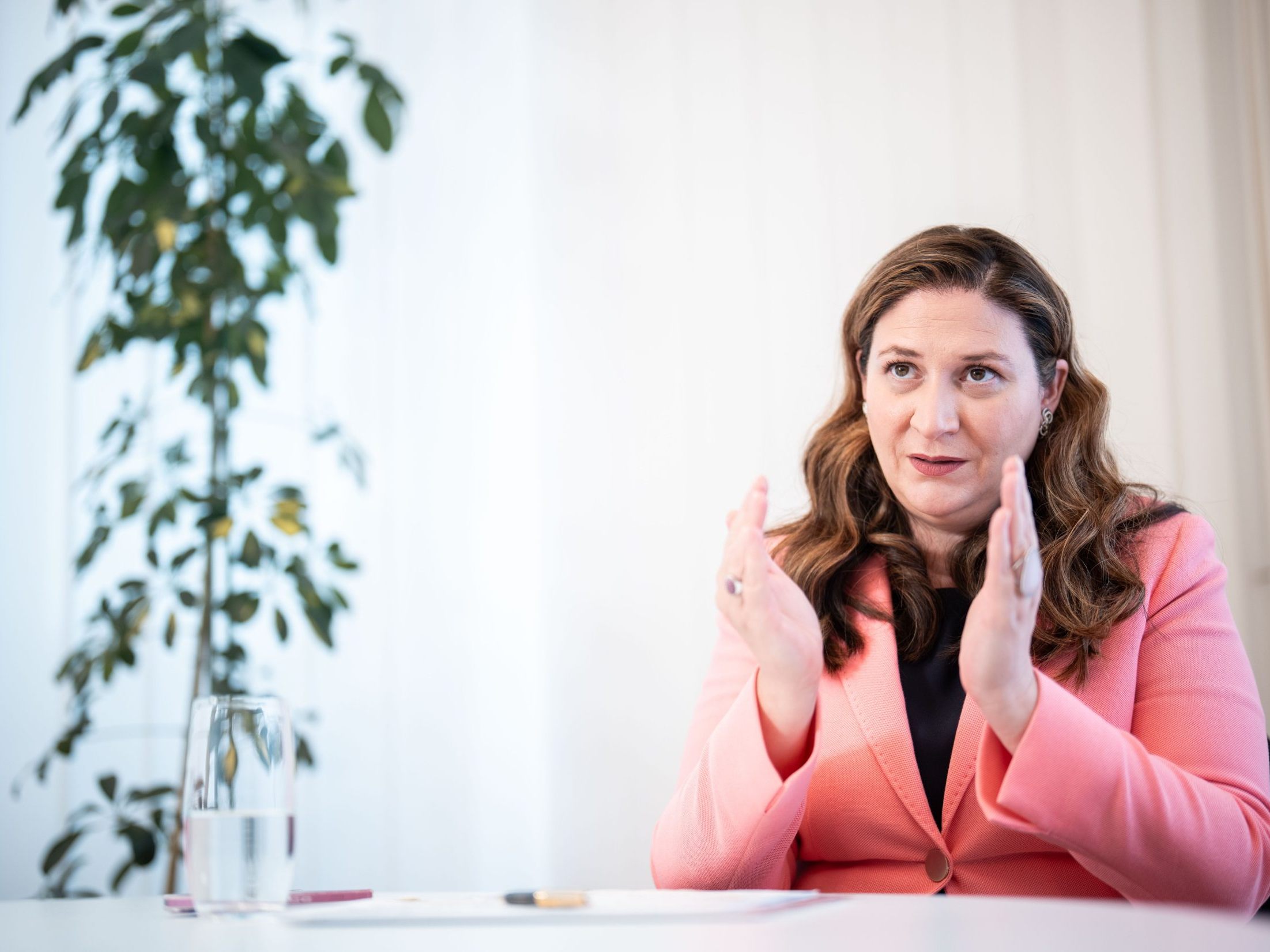Vienna Budget Decision Planned Before Christmas

The Vienna budget for 2026 will not be decided in November as planned, but only in December. This was announced by Finance City Councillor Barbara Novak (SPÖ) on Thursday in a conversation with journalists. The reason for the delay is the currently unclear framework conditions. Novak cited the ongoing stability pact negotiations as a factor. For example, it is still unknown how high the federal revenue shares will be, she reported.
Vienna Budget Resolution in December Not a First
The timing for the budget resolution is not a first. The debate in the municipal council and the resolution of the figures for the following year have often taken place only in December. This year, however, the date was set earlier. That will not happen now. This is partly because the funds from the joint revenue shares cannot yet be quantified, as Novak and Finance Director Christoph Maschek explained. It is unclear, for example, how recent changes in tax legislation by the federal government will affect this.
According to Maschek, the revenue shares account for 50 percent of the city's income. According to City Hall, the conditions for financing through the Austrian Federal Financing Agency (OeBFA) are also still open. If there were to be a cap here, Vienna would have to rely more heavily on the capital market. This would lead to higher interest rates and, consequently, higher costs over the years, it was said.
Novak referred to the "ongoing discussion process" with the federal government, meaning the talks on the stability pact. At the "long and intensive" meeting on Wednesday, according to the head of the department, there was no agreement. Every single percentage point is being discussed. Key issues are also the question of who bears sanctions in deficit procedures and how to handle revenues whose distribution was not agreed upon - and which would therefore go entirely to the federal government. Vienna has repeatedly pointed to revenues from the bank levy, for example.
"The Next Few Weeks Will Be Very Intense"
There is also confidence that the personnel budget in the public service will be renegotiated, Novak reported. Vienna will support the corresponding agreements here. According to the city councillor, the next round on the stability pact is scheduled for mid-October. Until then, bilateral talks are to be completed. "The next few weeks will be very intense," she predicted.
The "fiscal dilemma" has in any case led to the Vienna budget resolution taking place only at the end of the year, said Novak. Specifically, it is planned for December 17. There will not be a double budget for two years this time.
Meetings are currently also taking place at the town hall: Novak is negotiating with the departments. The discussions, she reported, are proceeding very appreciatively. At least 500 million euros are to be saved to reduce the deficit this year. According to Novak, they are also on a good path to achieving this goal. She reported a very disciplined budget execution. Additionally, additional revenues are no longer immediately invested. Overtime is also partly compensated with time off.
Inflation and Wage Agreements
According to Novak, the city's finances are burdened by various factors. First and foremost, she mentioned the high inflation. This leads to rising operating costs and also affects the construction sector. The high wage agreements in the public sector related to this have also had an impact.
The economic situation is also very challenging. Vienna is performing better than the national average, the city councilor emphasized. She pointed to business start-ups in the health and life sciences sectors. This makes Vienna more attractive again as a production location. According to Novak, the boom in tourism also provides important revenues.
She received backing from Peter Huber of the Austrian Institute of Economic Research (WIFO). It helps that Vienna generates its value primarily in the service sector, he noted. Huber also positively assessed that employment is growing again in the low-skilled sector, which eases the labor market.
"Chaos Days" and "Budget Farce"
Green Party leader Peter Kraus, on the other hand, stated in a reaction: "The postponement of the budget proposal for the city of Vienna announced today shows one thing very clearly: There are chaos days in the Vienna city government." This makes it clear that the government does not have the budget under control. What is needed now is a "clear and fair budget strategy."
The ÖVP spoke of a "budget farce." They identified "complete lack of planning" in a statement. "Instead of finally clearly and openly presenting which measures the city government intends to take, time is being played again," complained club chairman Harald Zierfuß.
(APA/Red)
This article has been automatically translated, read the original article here.





